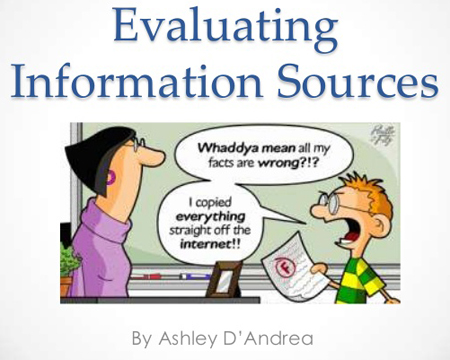|
Respect Vs. verification:
An Asian conundrum
by Manori Wijesekera
Every few weeks, I have a conversation with one of Global Press
Journal's (GPJ) Asia reporters about how to cross the imaginary line
between respecting an expert source whether it is an emeritus professor,
a leading medical consultant or a high-ranking government official - and
holding them accountable for the accuracy of what they say.
 |
|
-slidesharecdn.com |
I never had this problem when I was a reporter. I think I have a
naturally suspicious turn of mind that makes it easy for me to say, "Oh,
yeah? Prove it!"
But my reporters in Asia are much nicer women than I, and they are
far more respectful of local culture than I ever was.
So I have learned to gently but consistently nudge them to cross the
line between respect and verification.
Asian culture is deeply hierarchical and local media often tiptoes
around experts and high-ranking government officials, treating them as
celebrities from whom each word is like a translucent pearl.
Sometimes, when a GPJ reporter questions them, they are perplexed or
(very rarely, thankfully!) they explode in anger.
Recently, a reporter from Nepal told me that, when asked to verify a
statement he'd made, a consultant surgeon barked at her, "Who are you to
question me?"
He went on to say, "When I am a leader in my profession and everyone
accepts my word, what reason have I given you to think I am wrong?"
I was proud to hear that the reporter offered to explain our
verification process and show how some of the published sources he'd
cited during the interview hadn't backed up his statements.
Our reporter met this source with printouts of her verification and
fact-checking and showed him how there were differences and gaps in the
data he had quoted. He was impressed, and then spent time to show her
more documents to explain the data gaps. He backed up everything he said
with actual, published data.
Invisible line
Every day, reporters face this invisible line between being
respectful of a source, in keeping with our relational Asian culture,
and meeting the high standards of accuracy and verification demanded by
editors.
It never gets easier, they say.
But each reporter has developed her own style of balancing both
worlds. One reporter says she explains to experts that she is proud of
the research and data that are produced in her country and wants to be
able to share researchers' work at every opportunity. Every statement
backed up with published research helps her cause, she tells the
sources.
Another reporter simply blames me, telling her sources that her
editor in Colombo demands this verification. She says, "Oh, what to do!
That's how difficult she is!"
I've given them carte blanche to use whatever works to get me the
verification I expect and to make sure that our desire to respect our
sources never stands in the way of having independently verified facts
and data in a story.
(Manori Wijesekera is the Regional Editor -Asia for Global Press
Journal (GPJ), based in Colombo. She became the Regional Editor for Asia
in 2013, pioneering a new model that moved GPJ's regional editors out of
the United States.
This article was featured in GPJ) |

